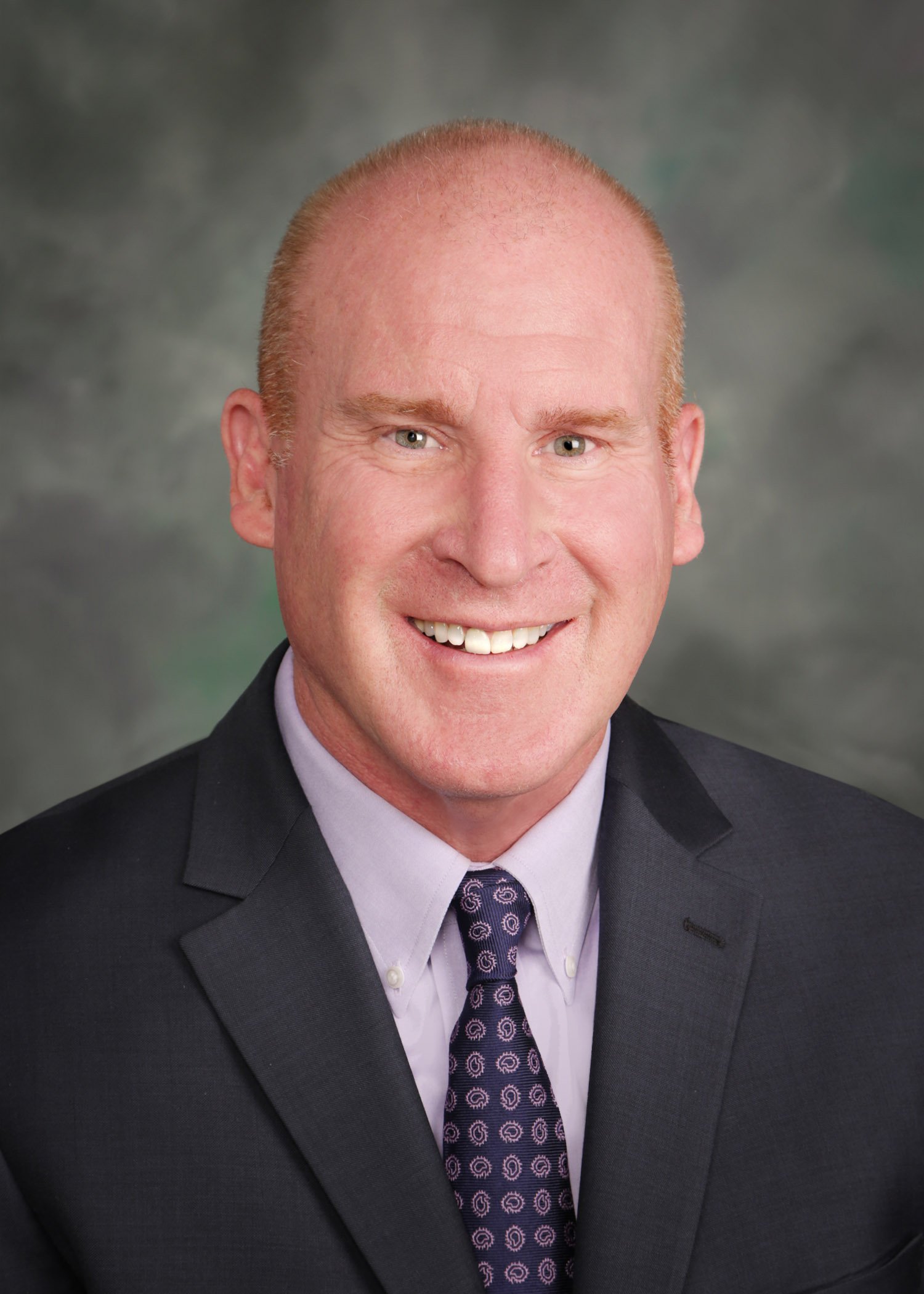As someone who likes to keep up with clickbait financial advice readily available on the Google machine, I find it interesting when I read about all the financial “mistakes” millennials are making -- as if my generation of boomers has it all figured out. Many baby boomers grew up in a world of defined benefit plans and near-guaranteed long-term wealth creation from investments and real estate. My, how times have changed.
Even in the military, the newest generation has far more complex financial decisions to make. In the past, it was serve your 20 or more years and receive a pension and health care benefits. Now, with a so-called “portable” retirement plan, career military men and women will have to navigate a complex decision matrix that often leads to short-term incentives at the expense of longer term well-being and stability. I don't envy them.
[RELATED: Take the Survey: MOAA Wants Feedback on Blended Retirement]
So rather than minimize the challenges and criticize the financial decisions of millennials, it seems more productive to look at how they adapt in this tumultuous financial world to see if any of us old-timers can learn a new trick or two.
As someone who up until a couple years ago still had a paid AOL account, wore pleated pants at work, and religiously used capitalization and punctuation in text messages, I have personally received lots of needed advice from “millennial” friends, family members, and co-workers. I know I'm not alone, so I'll share some financial behaviors I've observed from millennials that could improve your financial situations by hundreds, if not thousands, of dollars a year.
Have you looked at your cable bill lately? Mine is the size of a modest car payment. Foolishly, I tell myself I've worked hard all my life, and I deserve access to all my favorite TV shows, sporting events and movies - it's a guilty pleasure. I've always assumed since the millennials I knew were dealing with the overhang of student loans and high rents, they were “unplugging” (or never plugged in) from all the traditional entertainment channels, depriving themselves of my nearly unlimited access to entertainment. Guess what? They're not.
Many wisely patch together services such as Netflix and online streaming to watch virtually all the same shows and events I can watch. Some may argue some of the methods skirt ethics and laws, but there are plenty of legitimate ways to access content. Bottom line: I pay hundreds a month, they pay $20 or $30 -- or less. Think about how much you could save over the next 10 years by adopting this approach.
Even if unplugging is too drastic for you, why not call your cable provider and discuss your monthly bill with a threat of unplugging or switching to a different service? Seems like I have to do this every couple years; it usually reduces my bill significantly. It's amazing how many tricks the industry can use, to include expiring “trial rates” and bundling packages. If you are not careful, you'll waste over a thousand dollars a year.
Shop your cell phone service. You can cut your bill by a third, maybe by half. Keep up to date on what others are paying. And do you really need a land line in 2018? Confession, I still have one, and it does a fine job of collecting solicitor and scam-artist voicemails my wife and I can later delete once the in-box fills up. It serves no other service, but we're still paying for it.
Take advantage of the shared economy: Do you really need that car, second car, or rental car? Obviously a lot depends on where you live or where you are visiting, but with some exceptions, Uber, Lyft and car2go work really well and are super convenient. I chuckled when I heard all the warnings boomers would share about Uber nightmare stories in order to rationalize not using their services -- as if no one has ever had a bad taxi experience. All I'm saying is car payments, maintenance, gas and insurance add up. Maybe there's another way, especially if you live in the city.
Do you consider AirBnB and other similar platforms for travel? Similar to the Uber scenario, we've all heard about the horrific stays that seem to find their way on to social media. It's almost as if the hotel industry was trying to scare us, but that would never happen. Despite these occasional nightmares, there are some awesome opportunities to stay at very unique properties for a very affordable price. There is a guest rating system and it is definitely worth checking out.
All of these ideas won't work for everyone, but we'd be wise to pay attention to what millennials are doing to maximize their resources. Boomers like to give advice, but there's a lot to learn from millennials, especially as the shared economy further develops.
By the way, I still use capitalization and punctuation in text messages. Some habits are hard to break.
Col. Jim O'Brien, USAF (Ret) is MOAA's Executive Vice President and Chief Operating Officer. During his 25-year military career, he served in a variety of financial management positions at all levels of the Air Force, including four command positions. His final assignment was comptroller for the Air Force Reserve, where he was responsible for nearly $5 billion annually.
